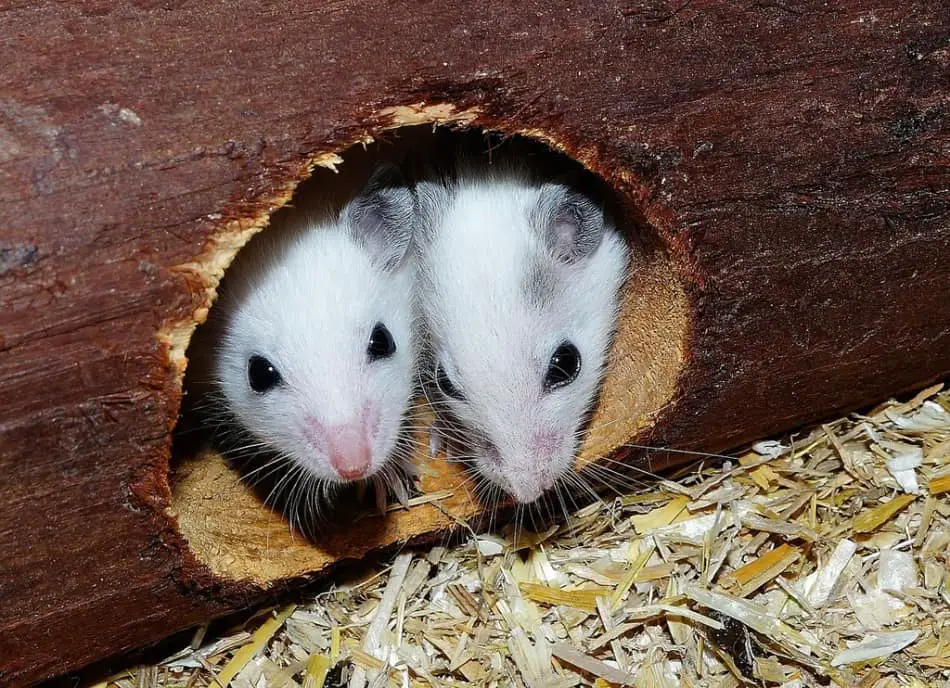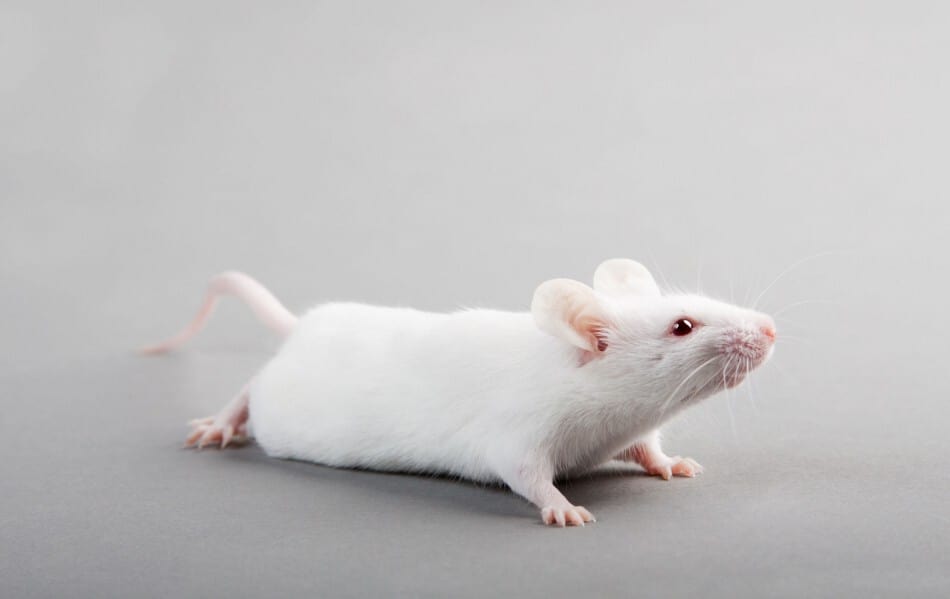If you have ever seen or kept a mouse, you may have noticed that they seem to spend an awful lot of their time sniffing at their surroundings.
Be it on their hind legs whilst twitching their whiskers, or just roaming around in their cages, their nose is always active.
To those observing mice, all this sniffing is little more than a cute attribute that we adore. However, to the mouse its value is so much more. Sniffing is the way that mice find food, communicate with one another, and are alerted to a predator’s presence.
Out of all the rodents, mice have one of the best senses of smell. Only second to rats. Mice, in fact, rodents in general, have a sense of smell that is highly developed with an incredible 1% of their DNA being dedicated to olfactory receptors.
Table of Contents
So, Do Mice Have a Good Sense of Smell?
Simply put, yes, mice have an incredibly good sense of smell being mentioned in virtually every top ten list of best sniffers in the animal kingdom you will find.
They are usually located in around sixth place on these lists, but second in the rodent kingdom. Only rats have a better sense of smell than mice, but not by very much.
About The Sense of Smell in Mice
Mice, in fact, rodents in general, have a sense of smell that is highly developed with an incredible 1% of their DNA being dedicated to olfactory receptors.
The world of smell is also very different for mice than it is for humans, with scents from food, prey, and predators constantly bombarding them with information.
With the influx of scents coming in, you would think that it may be hard for a mouse to make sense of them all and separate what is of use such as food and predator scents from background smells.
However, this is not the case.
During experiments where mice were scent trained to pick out a certain smell from others, they could do so 85% of the time.
This was even when a large number of background smells were included, although the more background scent included, the less reliable the mice became.
When looking for food, for example, mice use a combination of smell and touch. Their noses lead them to the source of food and their whiskers or paws brushing against it locate it exactly.
Eyesight does not really play a part in food location at all, a mouse’s vision is not particularly good.
With such a highly developed sense of smell, it really is no wonder that our homes and businesses are so attractive to unwanted mice. Any unswept up crumbs or dropped food etcetera must be incredibly tempting to them.
Mice, however, do not like the smell of mint, so planting this herb around the exterior of your house can help to keep unwanted visiting mice at bay.
A Second Sense of Smell
Surprisingly, mice do not rely totally on their noses for their sense of smell. They also have another odor detecting organ called the vomeronasal organ, or VNO, which is located in the nasal cavity.
The VNO is mainly used to sense pheromones which a mouse can do from up to ten miles away.
These pheromones are left by mice when they urinate and defecate and impart information such as the age, sex, maturity, and relatedness of the mouse that has left them.
The VNO then interprets these cues and gives the receiving mouse the imparted information.
How About a Mouse’s Other Senses?
Mice make use of all five senses, though scent and touch could definitely be described as the most important. The hearing would then probably come a close second, with taste and sight bringing up the rear.
This does not mean, however, that taste, and sight are not important to a mouse, because they are as you will see.
Sight
Mice do not have the best vision. It is blurry, though they do have good light and dark perception, with limited color seeing ability.
They can, however, detect movement of prey and see ultraviolet light.
This ability is thought to be part of their communication methods as rodent urine reflects ultraviolet light. Interestingly, mice can also move one eye independently of the other.
This gives them the ability to keep one eye out for prey and the other on what they are doing.

Hearing
With a range of 100Hz to 90,000Hz compared to a human’s of 20Hz to 20,000 Hz, mice have excellent hearing and will hear you coming long before you see them.
They can also communicate in ultrasonics which allows them to convey information to potential mates, siblings, and colony members.
Taste
Mice have the incredible ability to know if something is toxic, unhealthy, or inedible by its taste.
They can also experience all five of the taste groups which are sweet, sour, salt, bitter, and umami. Believe it or not, mice can have food preferences that are handed down by their mother through her milk.
Touch
Almost as important as a mouse’s sense of smell is its acute sense of touch. This can help them to formulate a detailed map of their environment and plot out routes they can use for a quick escape.
The whiskers are constantly moving to detect vibration, texture, and motion.
Bending of the vibrissae (whiskers) sends messages to the brain which enables mice to distinguish objects and obstacles.
Conclusion: Do Mice Have a Good Sense of Smell?
Undoubtedly mice have a fantastic sense of smell that not only helps them to find predators and locate food, but also to communicate.
However, without the other senses that the mouse possesses and the ability for them to work in harmony, the mouse would perhaps struggle to get by.
This cannot, nonetheless, take away from how fantastic this sense is in this tiny animal that can smell far, far better than either you or me.





